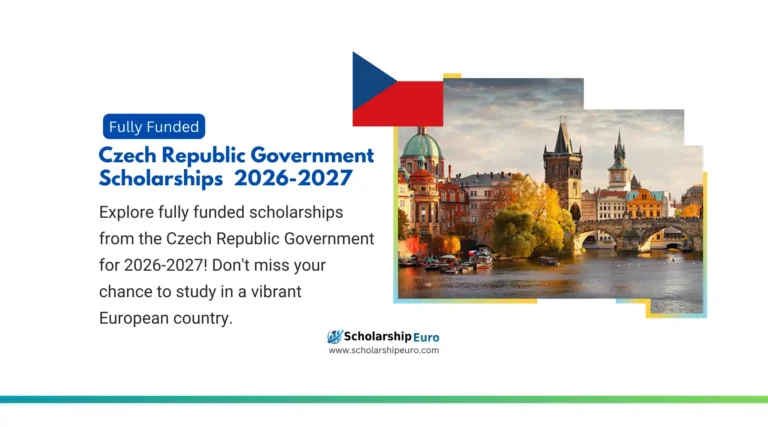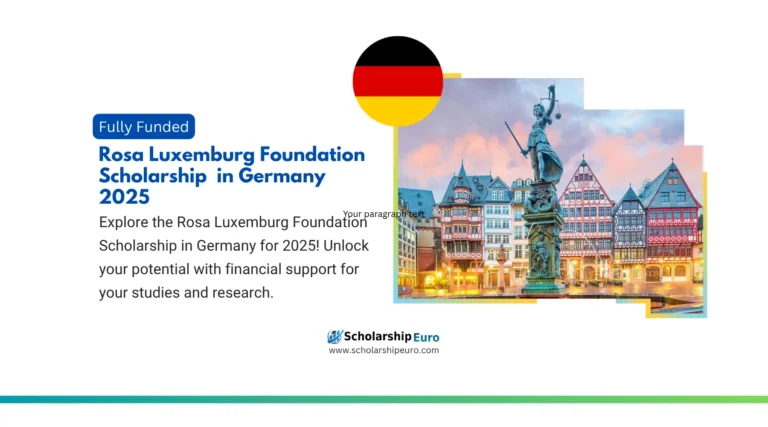The School of Food Science and Nutrition will award one full scholarship in 2024 that will cover the UK tuition fees and annual UKRI maintenance for 3.5 years. International applicants are welcome, but they will manager to pay the difference in tuition fees.
This scholarship supports PhD research in several fields including Cell Biology, Nanotechnology, Food Science, Immunology, and Biophysics with emerging applications in healthy ageing and management of the metabolic syndrome.
The importance of food microstructure for health is increasingly recognized. However, its structure-function relation and biological mechanism remain largely undefined. This PhD aims to employ multidisciplinary approaches to shed light on the cellular signaling pathways in the mucosal cells of the gastrointestinal tract in response to selected bioactive compounds available in the nanostructure of the food matrix and demonstrate their impact on nutrient absorption and tissue regeneration.
The project will showcase the ability of food nanocarriers to encapsulate and deliver nutraceuticals. The food nanoparticles may be embedded in the food matrix which may delay or enhance the digestion, absorption and metabolism of nutrients. The study shall utilize the native tea nanoparticles, which were formed by the self-assembly of proteins, polysaccharides, and polyphenols during tea preparation. It is believed that food nanoparticles can rapidly and locally modify cellular redox state and transport of substances across the membrane to influence nutrient uptake and mucosal immunity. The project will design an in vitro/ ex vivo model to assess the influence of nano-assemblies on the bioavailability of nutrients, signaling in cross-membrane transport of cells, and relation to the gut microbiome.
This PhD project will:
- Isolate the nanoparticles from tea infusion carrying phenolic compounds, e.g., catechins, theaflavin, etc., and fortify them with antioxidants like flavonoids, and anthocyanins, to determine the loading efficiency.
- Perform simulated GI digestion to determine the resistance of tea nanoparticles to digestion and the stability/release of targeted bioactive compounds.
- Study the internalization of tea nanoparticles on a co-culture model of epithelial cells and immune cells originating from mouth/intestine, and the influence on oral/intestinal permeability and transportation of nutrients using epithelial tissues.
- Investigate the influence of tea nanoparticles and their digestion products on bitter taste receptors, ion channels, cell gap junction, and cellular senescence.
- Using an in vitro gut fermentation model, evaluate the impact of the simulated digestion products of tea nanoparticles on the microbiome of elderlies.
Entry requirements
School of Food Science and Nutrition Application Requirements
- Applicants should have a first or upper-second-class British Bachelors Honours degree in relevant discipline.
- A Master’s degree with Distinction is preferred but not required.
- Applicants are advised to consult the relevant School before applying.
- For research degree requirements, contact the School or Graduate School.
English Requirement: The School of Food Science and Nutrition requires an IELTS score of 6.5 or equivalent for research postgraduate study, valid within two years of course start, with higher requirements for some faculties.
Funding on offer
We are offering 1 full-time PhD scholarship in the School of Food Science and Nutrition covering UK tuition fees and maintenance grant (currently £19,237 in 2024/25) for 3.5 years, subject to satisfactory progress. Please note that international applicants are welcome to apply but would need to cover the difference in international tuition fees. You can read more about research degree fees here.
The award will be made for one year in the first instance and renewable for a further period of up to two years and a half, subject to satisfactory academic progress.
How to apply
Formal applications for research degree study should be made online through the University’s website, stating Conversation between food antiparticles and gastrointestinal cells: signaling, bioavailability, and healthy ageing, with Prof. Lijing Ke as supervisor.


